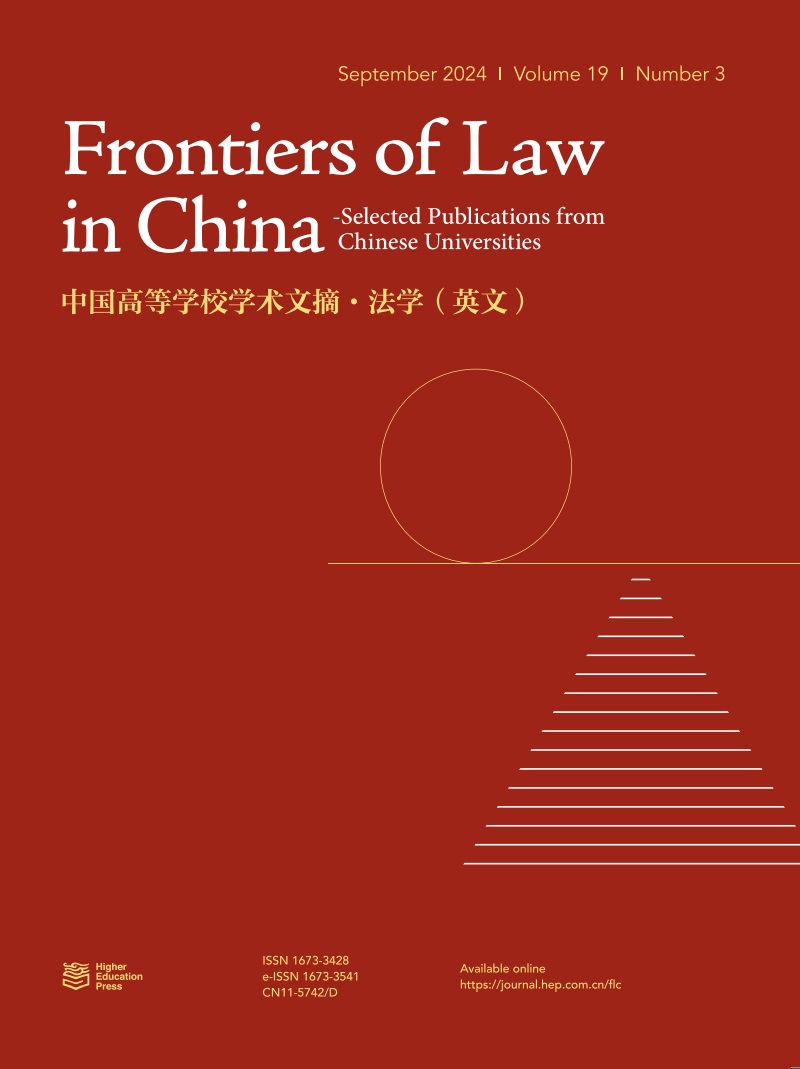波斯尼亚-黑塞哥维那境内侵犯人权和强迫失踪的情况
IF 0.1
4区 社会学
Q4 LAW
引用次数: 0
摘要
每一次武装冲突的结果都是对基本人权和自由的侵犯。在发生战争冲突的地区,不可避免地发生了某些形式的罪行,这些罪行通常是针对平民和受国际(人道主义)法保护的其他类别的罪行。因此,在波斯尼亚-黑塞哥维那领土上1992-1995年期间发生的战争。犯下了无数的战争罪和危害人类和平与安全的罪行。这些罪行是针对平民和受保护的人群,主要是战俘犯下的。波斯尼亚-黑塞哥维那境内保护人权的问题不可避免地与审议二十世纪末进行的武装侵略所造成的后果联系在一起。波斯尼亚-黑塞哥维那特别特有的一种犯罪形式是强迫失踪罪。波斯尼亚-黑塞哥维那境内的强迫失踪通常与庭外拘留有关,这些人在被驱逐出家园或留在营地和其他拘留地点后命运不明。这种形式的犯罪尤其严重,因为其后果仍然存在,尽管其发生已经过了25至30年。也就是说,波斯尼亚-黑塞哥维那境内登记的强迫失踪人员总数为34 965人。大约还有8000人被通缉。许多家庭尚未行使了解其家庭成员命运真相的基本人道主义权利。被强迫失踪的人的尸体或遗骸通常是在隐蔽地点的无标记个人或乱葬坑中发现的。目前仍在寻找许多被强迫失踪的人,正因为如此,研究被强迫失踪的人并考虑这一犯罪的后果是社会特别关心的问题。特别重要的是向其成员在战争期间被强迫失踪,其尸体或遗骸至今仍未找到的家庭提供法律保护。这个问题的人道性质不容忽视。重要的是在寻找被迫失踪的人方面找到新的可能性,同时铭记着时间的流逝和正在发生的生物过程使执行这项任务变得困难。应当特别注意的是,能够提供充分资料的证人或犯罪人结束了自己的生命。因此,关于隐藏尸体的真相仍然无法了解。涉及利益攸关方的国际双边协定是解决与强迫失踪有关的问题的新可能性之一。本文章由计算机程序翻译,如有差异,请以英文原文为准。
Violation of Human Rights and Enforced Disappearance in Bosnia and Herzegovina
Every armed conflict outcome in a violation of fundamental human rights and freedoms. In areas where war conflicts are taking place, certain forms of crimes that are most often committed against civilians and other categories protected by international (humanitarian) law occur as an inevitable consequence. Thus, in the territory of Bosnia and Herzegovina in the war that took place in the period 1992-1995. committed numerous war crimes, and crimes against the peace and security of mankind. These crimes were committed against civilians and protected categories of the population, primarily prisoners of war. The issue of protection of human rights in Bosnia and Herzegovina is inevitably connected with the consideration of the consequences resulting from the armed aggression carried out at the end of the twentieth century. One form of crime that is particularly specific to Bosnia and Herzegovina is the crime of enforced disappearance. Enforced disappearances in Bosnia and Herzegovina are most often associated with the out-of-court detention of persons whose fate becomes unknown upon expulsion from their homes or stays in camps and other places of detention. This form of crime is especially significant because its consequences still last, even though 25 to 30 years have passed since its commission. Namely, the total number of registered forcibly missing persons in Bosnia and Herzegovina is 34,965. About 8,000 more people are wanted. Many families have not yet exercised their basic humanitarian right to know the truth about the fate of their family members. The bodies or remains of forcibly missing persons are most often found in unmarked individual or mass graves of a hidden locality. There are a numerous of forcibly missing persons who are still being searched for, and this is precisely the reason why studying the enforced disappearances of persons and considering the consequences of this committed crime is of special social interest. It is especially important to provide legal protection to families whose members were forcibly disappeared during the war and whose bodies or remains have not been found to date. The humane character of this issue must not be overlooked. It is important to find new possibilities in the search for forcibly missing persons, bearing in mind the fact that the passage of time and the biological processes that take place make it difficult to perform this task. Particular attention should be paid to the fact that witnesses or perpetrators of crimes who can provide adequate information end their lives. The truth about hidden bodies thus remains inaccessible. International bilateral agreements involving stakeholders represent one of the new possibilities in resolving issues related to enforced disappearances.
求助全文
通过发布文献求助,成功后即可免费获取论文全文。
去求助
来源期刊

中国法学前沿
LAW-
CiteScore
0.20
自引率
0.00%
发文量
398
期刊介绍:
Frontiers of Law in China seeks to provide a forum for a broad blend of peer-reviewed academic papers of law studies, in order to promote communication and cooperation between jurists in China and abroad. It will reflect the substantial advances that are currently being made in Chinese universities in the field of law. Its coverage includes all main branches of law, such as jurisprudence, constitutional jurisprudence, science of civil and commercial law, science of economic law, science of environmental law, science of intellectual property, science of criminal justice, science of procedural law, science of administrative law, science of international law, science of legal history, science of history of legal thoughts, etc.
 求助内容:
求助内容: 应助结果提醒方式:
应助结果提醒方式:


